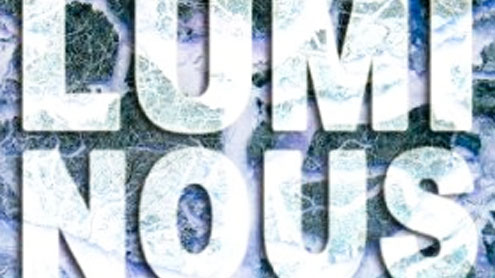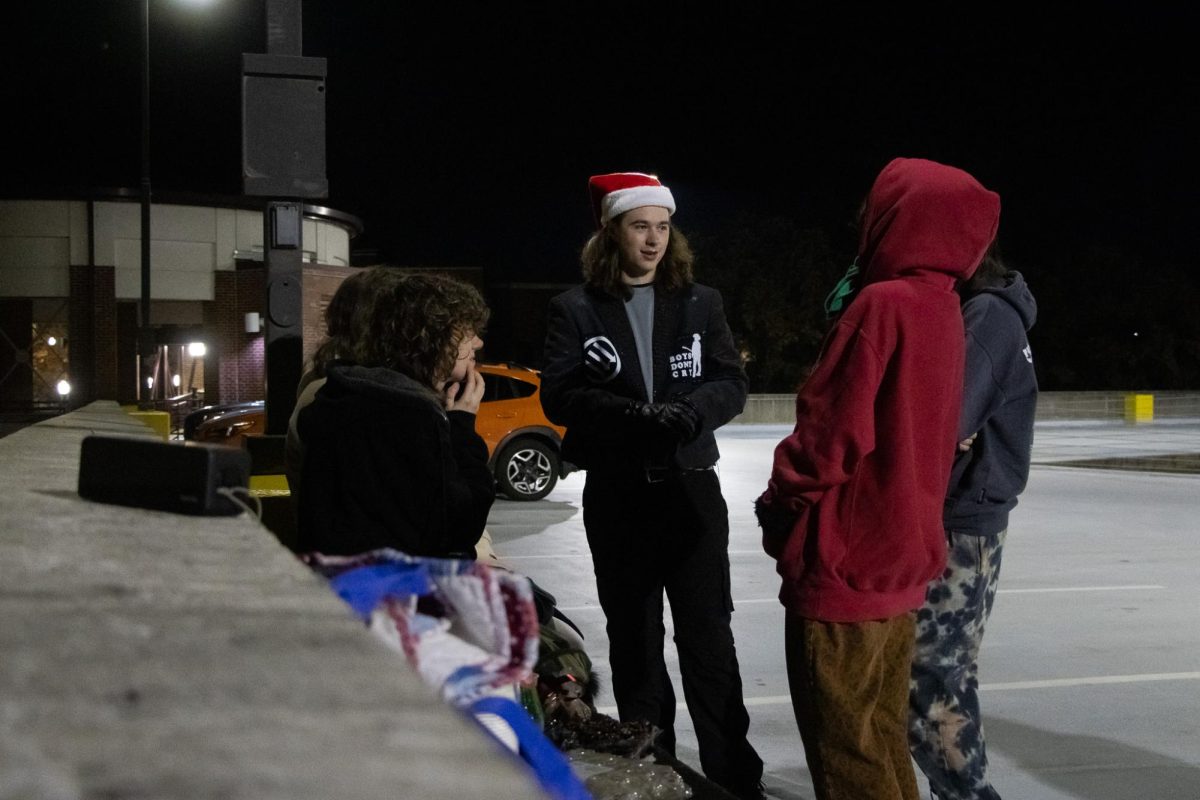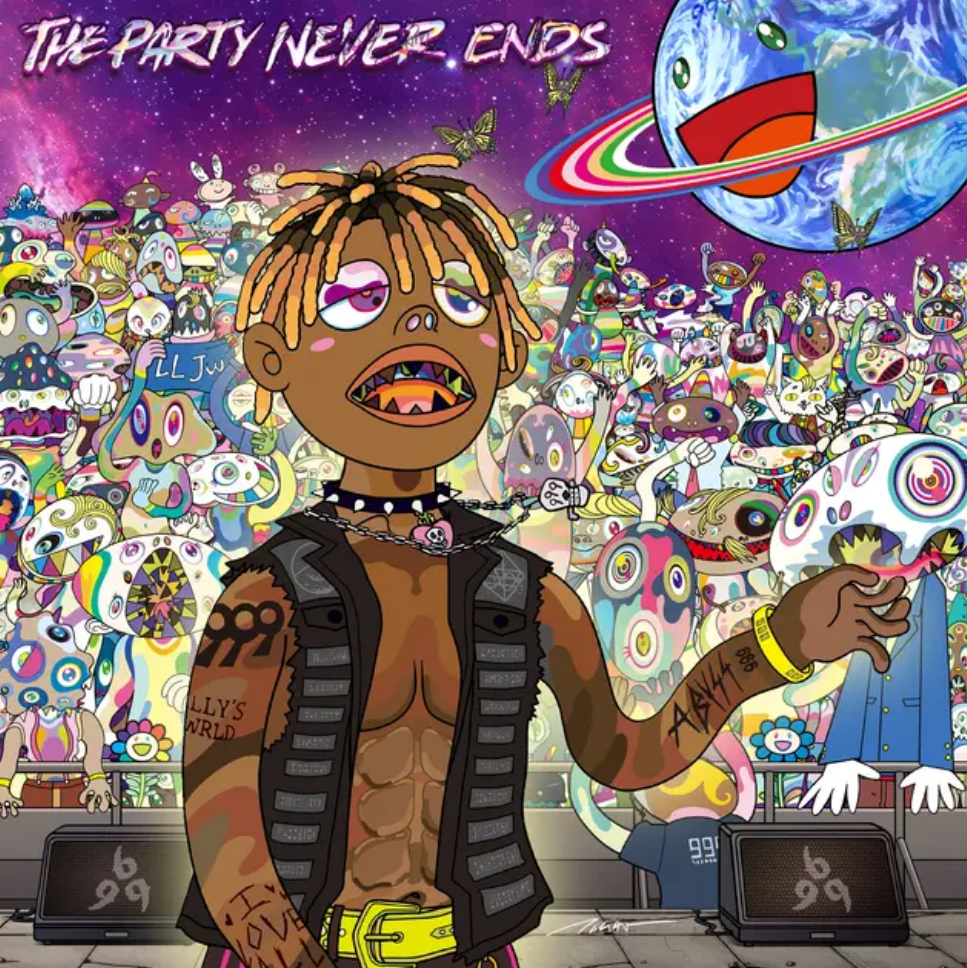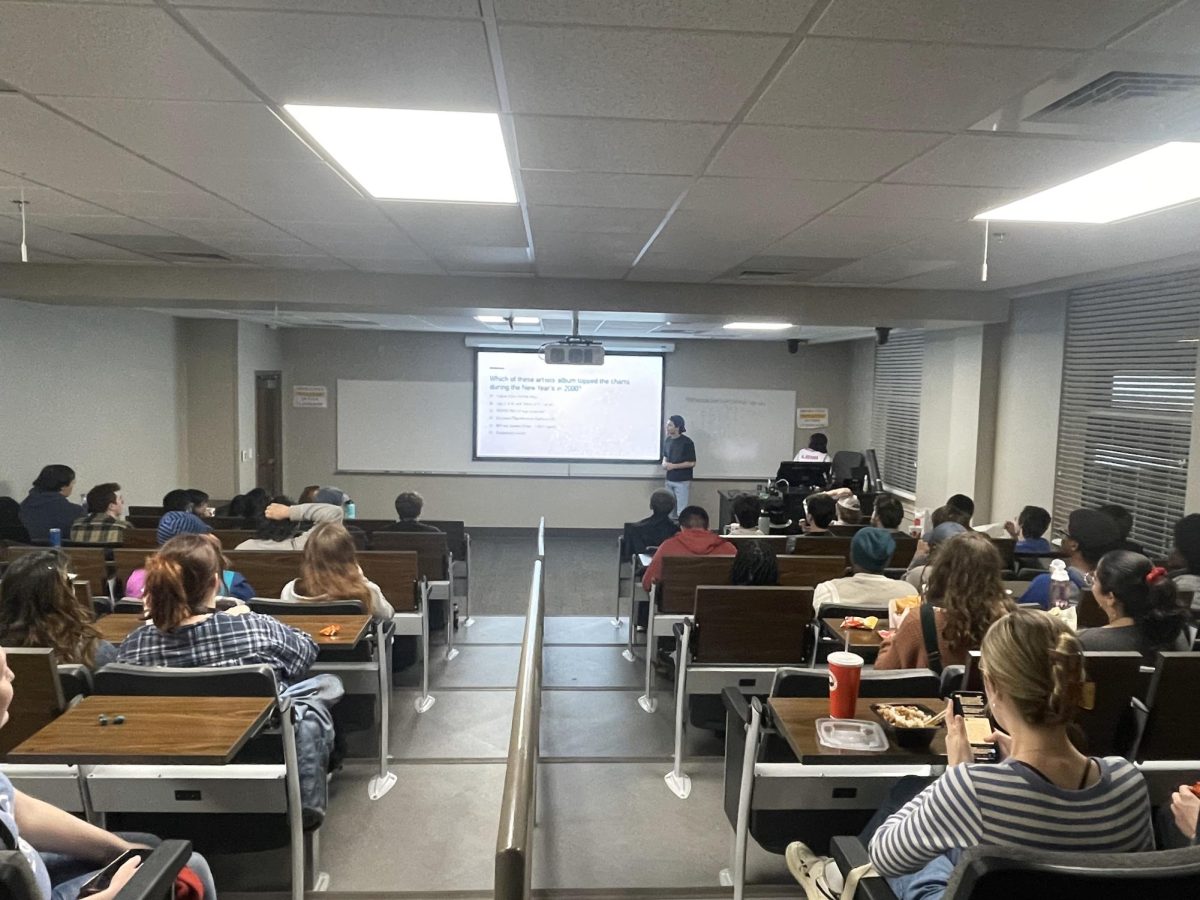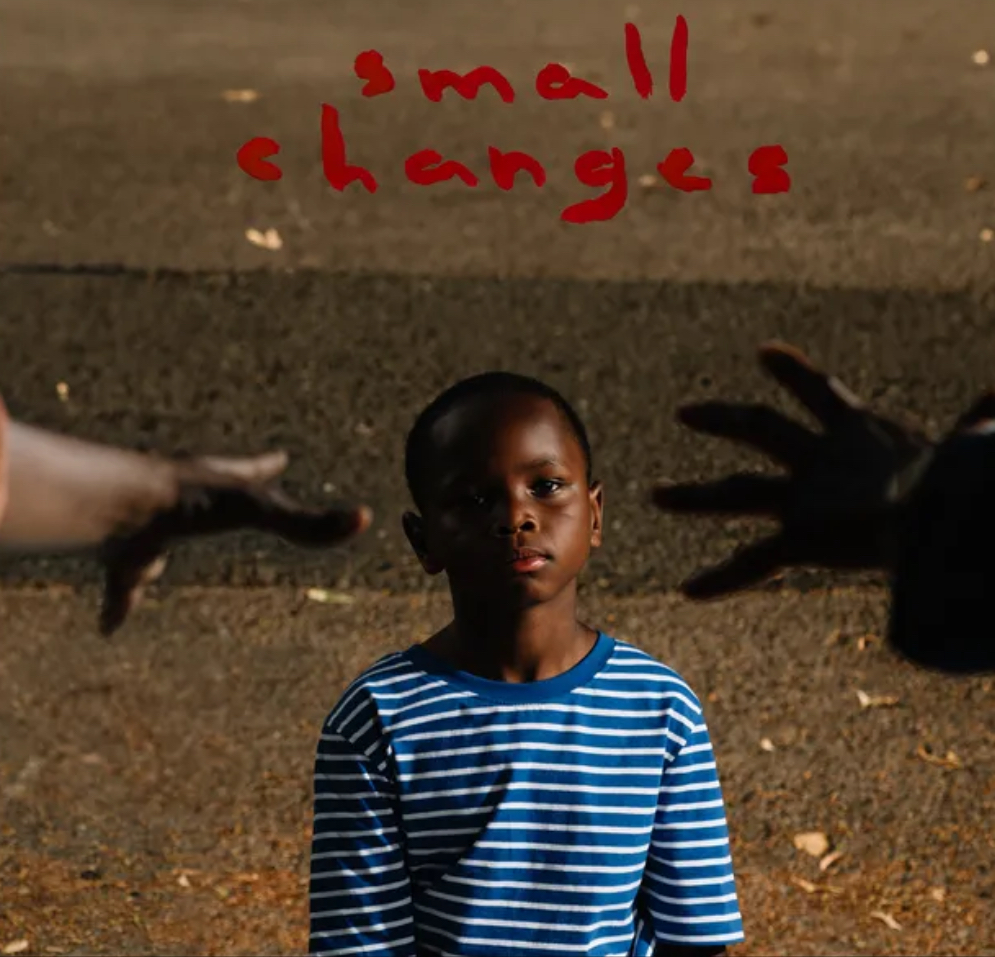 It is kind of fun to think about the world ending. “Survivor” is on its 20-something season (I can’t even count them any more); AMC’s original series “The Walking Dead” wowed audiences again this season; and (except for that one CW opinion-writer last week) everyone’s already anticipating the next installment of “The Hunger Games” film franchise (and even that malcontent probably would have read the books if they weren’t so popular).
It is kind of fun to think about the world ending. “Survivor” is on its 20-something season (I can’t even count them any more); AMC’s original series “The Walking Dead” wowed audiences again this season; and (except for that one CW opinion-writer last week) everyone’s already anticipating the next installment of “The Hunger Games” film franchise (and even that malcontent probably would have read the books if they weren’t so popular).
Of course, nobody likes to consider how completely helpless they’d be, how few marketable skills a college history student would have in a collapsed society (or gladiatorial arena) where experience in handling archival materials and writing science fiction reviews wouldn’t mean anything. The reality would be terrifying, and, truth is, most of us wouldn’t rise to the occasion, discover hidden talents or regain primal strength and adaptability.
Most of us would die.
Henry Willingham wasn’t much different than us. When 2012 actually does bring meteorites teeming with voracious violet alien plant life ready to consume our little green planet, he and his friends are positively giddy. They stock up on toilet paper and pimp out one of those Cold War emergency fallout shelters in an abandoned hotel and joke about picking up a bunch of girls to repopulate the world with. “Why was it fun to think about civilization ending?” he asks himself in a moment of introspection, “Why did it put Henry in such a good mood?”
Probably because even as he watches YouTube videos of a woman being eaten from the inside out by alien life forms, he didn’t really believe it. The government was firebombing Miami—rest in peace collateral damage; go to hell alien invaders! And besides, even if we can’t nuke the alien bacteria/plant thingies, there’s always H.G. Wells’ common cold working for us, right?
Right?
The truth author Noah K. Mullette-Gillman posits in his second novel, “Luminous and Ominous,” is that humans can’t even deal with human-scale disasters. How are we supposed to cope with galactic problems?
By 2014, the dozens of people Henry handpicked for his bomb shelter civilization are gone: it’s just he and two women, Laura and Samantha, and none of them are thinking about repopulation. The people who survive the end of the world as we know it have a harder task than saving civilization, or even fighting to stay alive: In this book, the real fight is to stay human.
Amidst the glut of end-of-days books coming out just in time for 2012, “Luminous and Ominous” is unique. There are no zombies or robots or spaceships or lizard-people taking over the government. There’s no identifiable enemy and no way forward for the conquering mentality. Do we like the thought of the apocalypse because it offers a chance for our imaginations to rebuild and remake the world in our image? That’s not what happens in Noah K. Mullette-Gillman’s imagination. “Luminous and Ominous” is a thoughtful novel without cliché or a deus ex machina victory. It’s not even about staying alive.
If you’ve read some of my previous reviews, you probably know that I’m not a religious person, but I do know my Genesis. In the Garden of Eden, the first woman took a bite from the Tree of Knowledge and lost her immortality. When Laura, one of the last women, takes a bite from the alien Tree of Life, she loses her humanity. And as Laura says, fingering a plastic dinosaur she keeps in her pocket, it’s adapt or die. But at what price?
“Luminous and Ominous” is certainly within the science fiction mainstream, but unlike many end-of-days thrillers, it is thoughtful and thought provoking, spiritual without ever getting preachy and beautifully-written.



